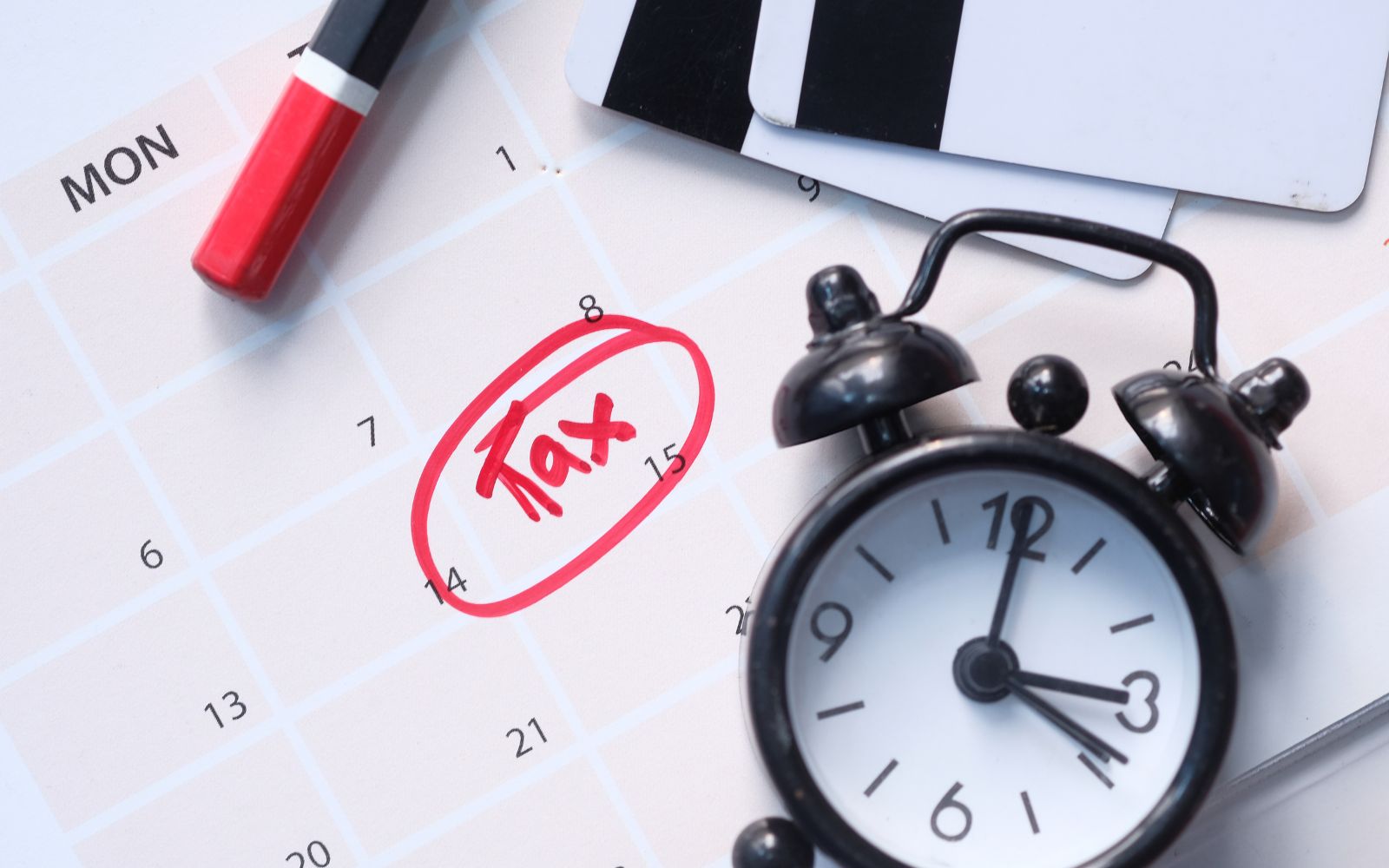Overview of Taxes for Limited Companies in the UK

Limited companies in the United Kingdom must navigate a variety of tax obligations to ensure compliance and avoid potential penalties. This article will look into the main tax that limited companies are subject to.
Capital Gains Tax and Corporation Tax on Chargeable Gains
While limited companies do not directly pay Capital Gains Tax (CGT), they may be required to pay Corporation Tax on any capital gains made from the sale of assets.
These chargeable gains are subject to the standard Corporation Tax rate, which is currently set at 19%. Limited companies must keep accurate records of their assets, calculate any capital gains, and report them to HMRC when required.
Pay As You Earn
Limited companies with employees must participate in the Pay As You Earn (PAYE) system, a method of collecting Income Tax and National Insurance contributions (NICs) from employees’ wages.
Employers are responsible for deducting the appropriate amount of tax and NICs from their employees’ payments before paying the net wages to the employees. Payments to your employees include their salary or wages, as well as things like any tips or bonuses, or statutory sick or maternity pay.
Your payroll software will calculate how much income tax and National Insurance to deduct from your employees’ pay. These deductions are worked out using each employee’s tax code and National Insurance category letter.
You may also need to deduct student loan repayments, pension contributions, Payroll Giving donations and child maintenance payments.
PAYE registration is mandatory for employers and limited companies must report their payroll information to HMRC in real-time.
National Insurance Contributions
National Insurance contributions (NICs) are closely linked to the PAYE system. NICs are paid by both employers and employees to fund state benefits such as State Pension, unemployment benefits, and the National Health Service (NHS).
Limited companies are responsible for deducting Class 1 NICs from their employees’ wages and paying them to HMRC alongside their own Class 1A and 1B contributions. The rates and thresholds for NICs vary depending on the employee’s earnings and category.
Limited companies need to stay up-to-date with the current rates and ensure that the correct contributions are being deducted and paid.
Value Added Tax
Value Added Tax (VAT) is a consumption tax applied to goods and services provided by a limited company. The standard rate of VAT in the UK is 20%, with some items being subject to reduced rates of 5% or 0%.
Limited companies must register for VAT if they realise that their annual total VAT taxable turnover is going to go over the £85,000 threshold in the next 30 days. Once registered, businesses must charge VAT on their sales, file VAT returns, and pay any outstanding VAT to HMRC, typically on a quarterly basis.
You can choose to register for VAT if your turnover is less than £85,000 or if everything you sell is exempt from VAT.
Business Rates
Business Rates, also known as non-domestic rates, are taxes on the occupation of non-domestic properties such as offices, shops, factories, pubs, holiday rental homes or guest houses, and warehouses. The amount payable depends on the property’s rateable value, which is determined by the Valuation Office Agency.
Business Rates are administered by local authorities, and limited companies normally their bill in February or March each year.
How you estimate your business rates depends on where your property is.
Limited companies need to notify their local authority if they move into or out of a property, or if there are any changes in the property’s usage.
Operating a limited company in the UK comes with a variety of tax obligations that businesses must understand and comply with. If your business needs support with any of the taxes listed above or is looking for any other additional support, please get in touch with our team of experts.
The information available on this page is of a general nature and is not intended to provide specific advice to any individuals or entities. We work hard to ensure this information is accurate at the time of publishing, although there is no guarantee that such information is accurate at the time you read this. We recommend individuals and companies seek professional advice on their circumstances and matters.




